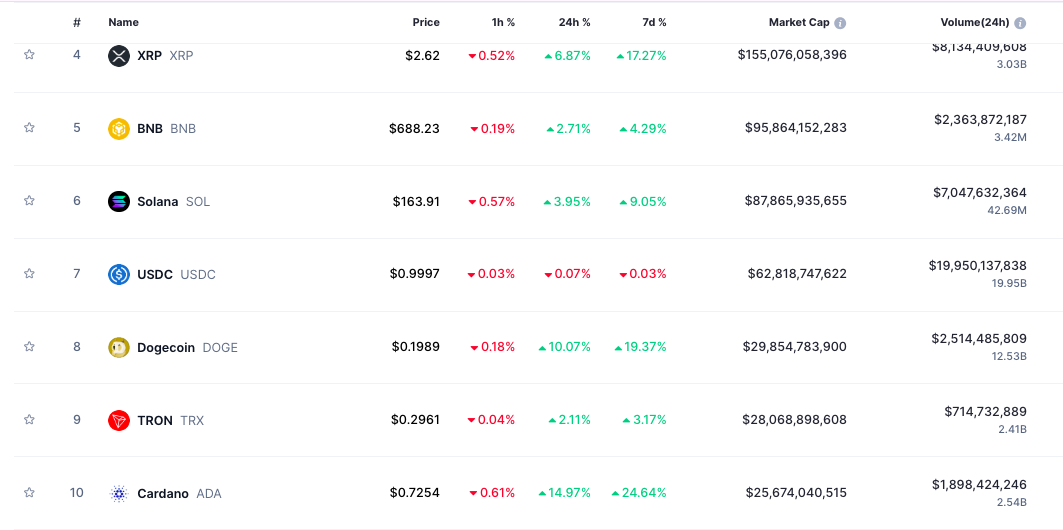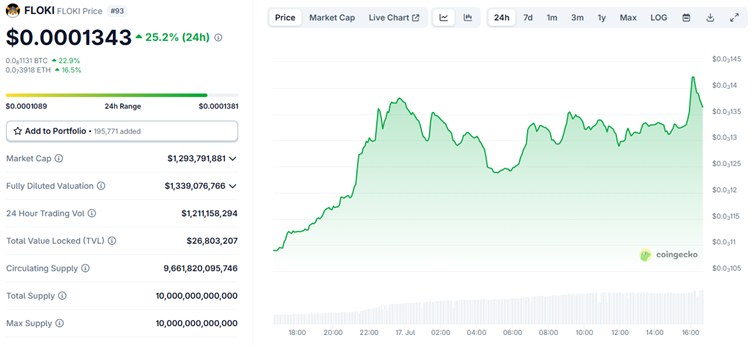Claus Zieler serves as the Chief Commercial Officer and is a Member of the Executive Committee at Astellas Pharma Inc. His unique position at one of the world’s leading pharmaceutical companies enables him to provide insights into the future of healthcare.
Profound shifts in medical progress are underway. Take Hepatitis C, for instance. In 1999, only 40% of cases were treatable, but today, that number has soared to 98%. This means that one in every five people on the liver transplant waiting list can now be removed. Consider the progress in HPV and cervical cancer prevention. An almost 100% effective vaccine has been developed, preventing thousands of annual deaths. The systematic program in Australia serves as a testament to the monumental changes unfolding in healthcare. Although traditional trajectories for the emergence of new treatment protocols tend to be sluggish, the rapid development and deployment of mRNA technologies during the COVID-19 pandemic showcased the potential for growth and transformation.
The future of healthcare offers a world where we are not bound by geographical constraints or conventional healthcare systems. We can start asking questions like, “Where is the right treatment for me, and where is the best place to obtain it?” The key barrier in cancer treatment has traditionally been the four-year survival rate. However, over the past decade, survival rates have doubled.
DNA capsule
getty
The development of a new drug currently demands an investment of $2 billion and a 10-year cycle, involving thousands of patients. AI simulations hold the potential to significantly reduce both the cost and time required for development, fostering innovation. Government endorsement of this concept is essential, as halving the inherent costs of medical innovation could have a profound impact on how we finance and shape the healthcare systems of the future.
• Consider the advances in HPV and cervical cancer prevention. An almost 100% effective vaccine has been developed, and Australia’s systematic program exemplifies the magnitude of these transformative changes.
• In fields like gene and cell therapies, the ability to identify disease-causing genes and clone suitable replacement genes is on the horizon. By 2033, we will be capable of infusing healthy genes into the body to replicate desired functions. For instance, this could revolutionize the treatment of high blood pressure, a condition that eventually affects 88% of American adults, potentially lowering healthcare costs significantly.
• In oncology, the initial focus is on single-gene therapies for rare diseases, often involving multiple causative genes. This presents challenges due to the need for sequential procedures. Sustainable treatment effectiveness will require designing a set of protocols within a course of action design model (COAD).
• The digitization of healthcare extends beyond digital record-keeping. The impact of digital systems on the entire healthcare process has been magnified by COVID-19, leading to a surge in telemedicine, with 50 million visits in the US by the end of 2022. As an example, we could envision a monthly subscription system to cover all medical expenses, reflecting the changing economics of future healthcare systems, making them more affordable and personalized.
Many empty tablets blisters of different medicines
getty
The sustainability factor is crucial for an industry that accounts for over 18% of the US GDP. Reinventing drug packaging is essential, especially for products generating over 100,000 tons of waste annually. Much of this packaging consists of non-biodegradable plastics and energy-intensive aluminum. Innovations in derived plastics and personalized gene therapy treatments will drastically reduce the footprint associated with traditional protocols and medications that needed to be taken over extended periods. For instance, consider the immense environmental impact of blood pressure medications, involving billions of pills, transportation, and packaging for manufacturers, pharmacies, and consumers making trips for refills.
The aspiration for an enhanced quality of life is a significant indicator of what we can achieve by 2033 and beyond. Instead of merely surviving diseases like cancer, we are on the path to viewing them as natural and highly treatable events that we can manage. It is anticipated that each of us will encounter serious illnesses at some point in our lives, and the idea that we can effectively manage and thrive through these challenges is likely to become the guiding principle for our personal health and the healthcare systems that surround us by 2033.
Claus Zeiler
Astellas Pharma Inc.
Claus Zieler is the Chief Commercial Officer and a Member of the Executive Committee at Astellas Pharma. He is an alumnus of the INSEAD business school. Astellas is dedicated to advancing scientific progress and addressing unmet medical needs by closely monitoring healthcare transformations from various angles. Astellas is a leading Japanese pharmaceutical company with a unique mission to bridge the benefits of discovery for both patients and healthcare systems.
Credit: Source link











